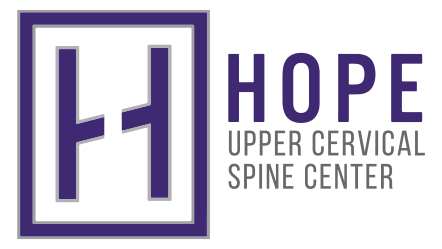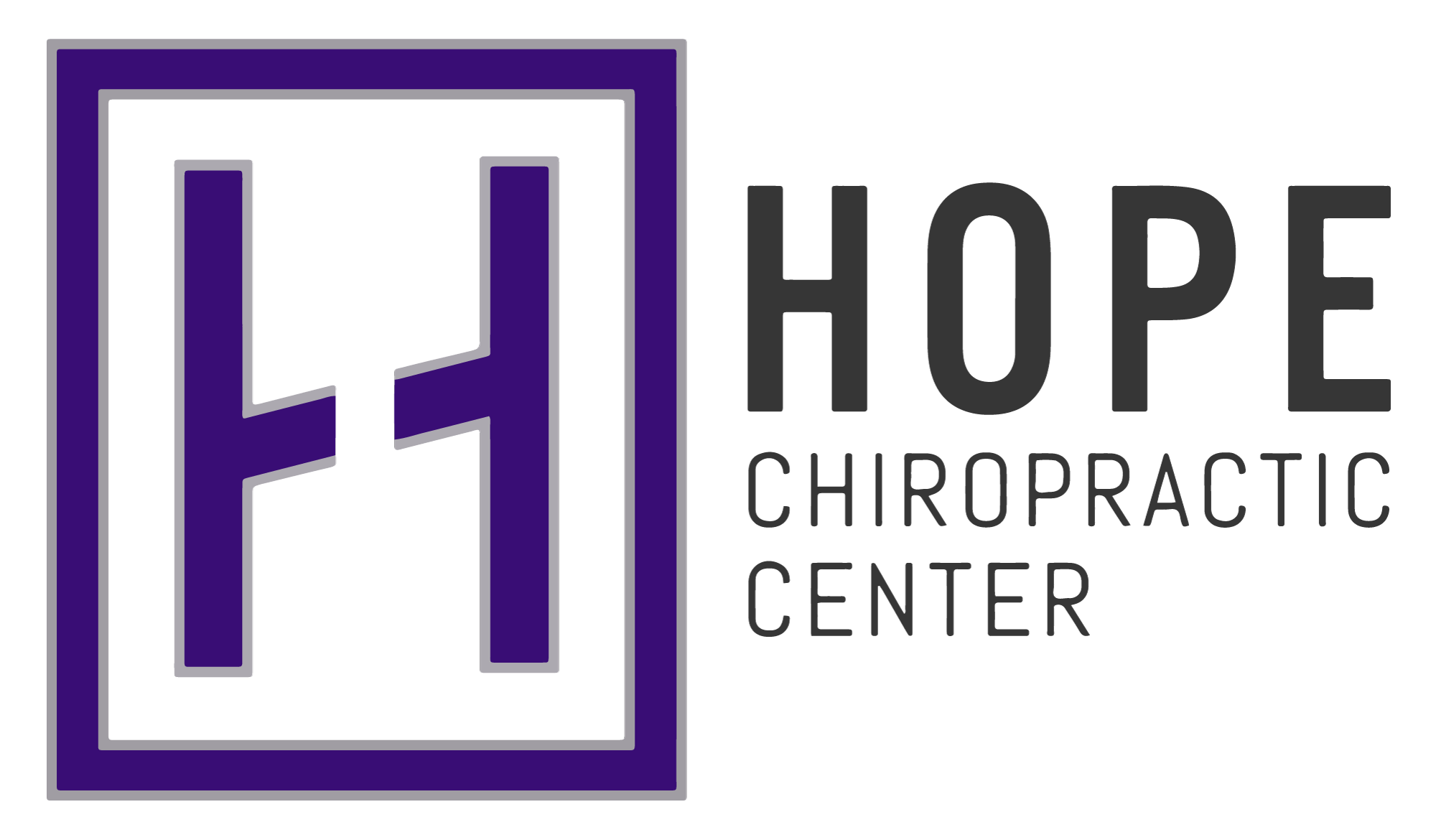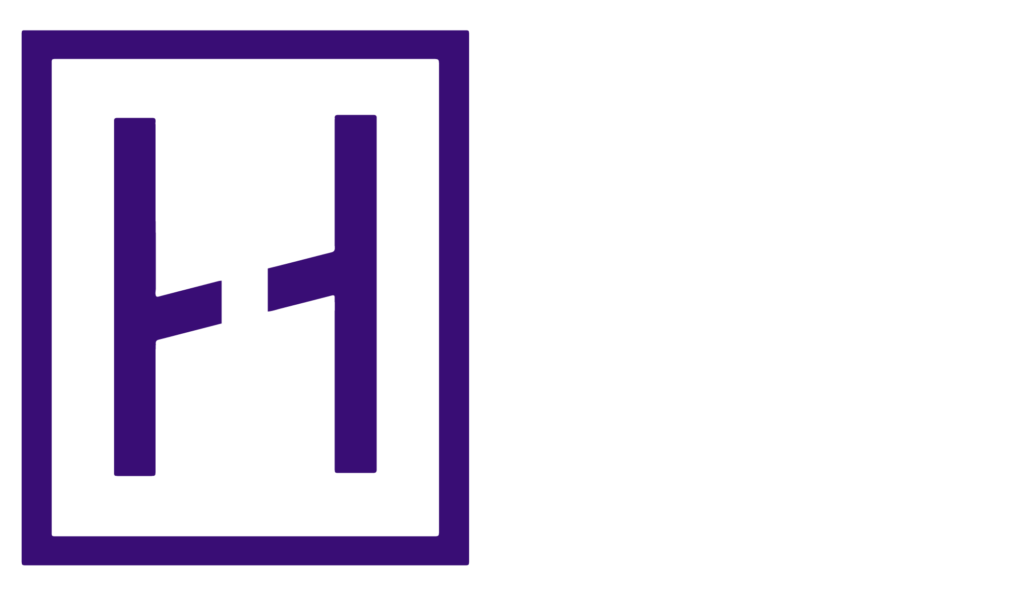Every year an estimated 3.8 million people in the United States experience mild traumatic brain injuries (MTBI) or concussions. Many of these injuries occur during sports-related activities, on worksites, motor vehicle accidents, or while military operations are being carried out. It is also estimated that as many as 50 percent of MTBIs are never reported because they do not seek medical attention. Consequently, statistics vary, but the medical community can agree that concussions are a prevalent condition.
DEBUNKING MYTHS SURROUNDING MILD TRAUMATIC BRAIN INJURIES (MTBI)
Patients frequently fail to seek medical attention for MTBI because they believe the precipitating cause isn’t severe enough to have actually caused any damage. But individuals don’t actually have to hit their head to sustain an MTBI—it can be caused by whiplash. Whether the head is hit directly or only jolted by whiplash, the result is often the same. These actions cause the brain to shift—sometimes forcefully—and come into contact with the skull’s boney ridges designed to keep the brain in place. This may result in varying degrees of brain injury based on the severity of whiplash and/or impact.
SYMPTOMS OF MTBI
Diagnosing MTBI can be exceptionally challenging because symptoms may not immediately manifest themselves. They can emerge weeks or even months following the initial injury, reducing the likelihood of patients making a connection between their symptoms and the inciting event. Here are common signs of MTBI to note:
- Nausea
- Confusion
- Social isolation
- Sudden and frequent mood swings
- Photophobia (extreme sensitivity to light)
- Problems with balance
- Elevated anxiety
- Difficulty remembering things
- Fatigue (mental or physical)
- Difficulty focusing or concentrating
- Anger issues and sudden outbursts
- Trouble sleeping or irregular sleep patterns
- Vision problems
- Hyperacusis (extreme sensitivity to sounds)
EVALUATING AND DIAGNOSING MTBI
Chiropractors routinely treat patients suffering from symptoms of mild traumatic brain injury. Patients with known head injuries or who suspect they have sustained one often seek a certified Chiropractic specialist’s guidance. Practitioners use the Sports Concussion Assessment Tool 2 (SCAT2) to determine the severity of damage and evaluate physical signs/symptoms. Other helpful tools for evaluation include the Maddocks Questions Test; the Glasgow Coma Scale; and coordination, balance, and cognitive assessments.
As chiropractors evaluate the patient, they look for specific indicators that suggest the individual is experiencing worsening neurological symptoms. These include:
- Loss of consciousness
- Vomiting
- Worsening headache
- Increased confusion
- Weakness on one side of the body or in specific limbs
- Blurred vision
- Dilated pupils
- Difficulty with balance or coordination
CHIROPRACTIC TREATMENT FOR MTBI
Mild traumatic brain injury usually involves a neck injury as well. Before treating patients, Chiropractors can play an important role in determining if an individual needs to see another doctor or specialist and provide them with a referral to do so. Regarding specific treatment, Chiropractors often use a variety of techniques to help patients suffering from MTBI and related injuries, including spinal manipulation, massage, and bracing. Patients are generally advised to avoid anti-inflammatory medication, aspirin, alcohol, and sleep aids, using acetaminophen for pain as needed.







